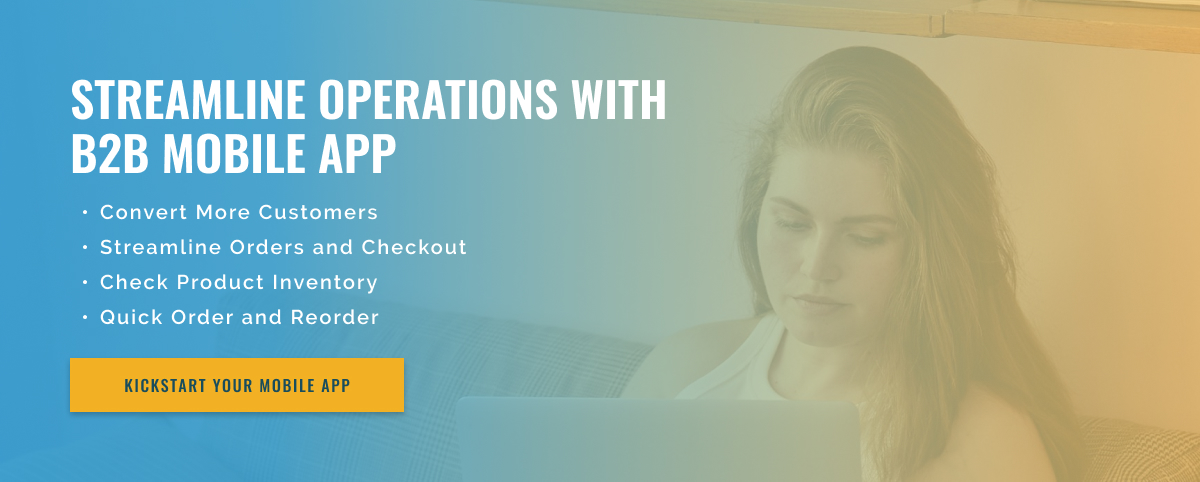3 minute read
Understanding B2B Mobile App User Authentication
As technology advances, more and more companies are turning to mobile applications to streamline their processes and improve efficiency. B2B mobile applications, which meet the needs of companies and their employees, are becoming increasingly popular. However, as these applications evolve, there is a need for a secure and reliable way to authenticate users. In this blog, we discuss how B2B mobile apps handle user authentication.
User authentication is the process of verifying the identity of the person or user trying to access a system or application. In a B2B context, this is crucial because these applications often contain sensitive business information that needs to be protected. There are several methods for user authentication in B2B mobile applications, the most common of which are passwords, biometrics, and multi-factor authentication.
Passwords have long been a popular method of user authentication. However, with the increase in cyberattacks, using just a password is no longer considered a secure method. Therefore, B2B mobile apps usually require complex and unique passwords for each user and often ask users to change their passwords regularly. Additionally, some applications also have the ability to detect and prevent brute-force attacks, where a hacker repeatedly tries to log in using different passwords.
Biometric authentication, such as fingerprint or facial recognition, has become a popular method for B2B mobile applications. This method provides a higher level of security because it is unique to each user. It also eliminates the problem of forgotten passwords or theft of login details. However, for this method to be effective, the device must be equipped with biometric technology and the user must configure it.
Another reliable method used in B2B mobile applications is multi-factor authentication. It uses two or more authentication methods, such as a password and a biometric scan. This adds an additional layer of security, making it more difficult for hackers to access your application. In addition to these methods, some B2B mobile apps also have a session timeout feature, where the app automatically logs out after a specified period of inactivity, making the app only available when the user is actively using it.
In short, B2B mobile apps use a combination of different user authentication methods to keep company information safe. Whether it’s passwords, biometrics, or multi-factor authentication, these applications prioritize protecting sensitive data, making them a secure and reliable option for businesses to effectively manage their operations.

